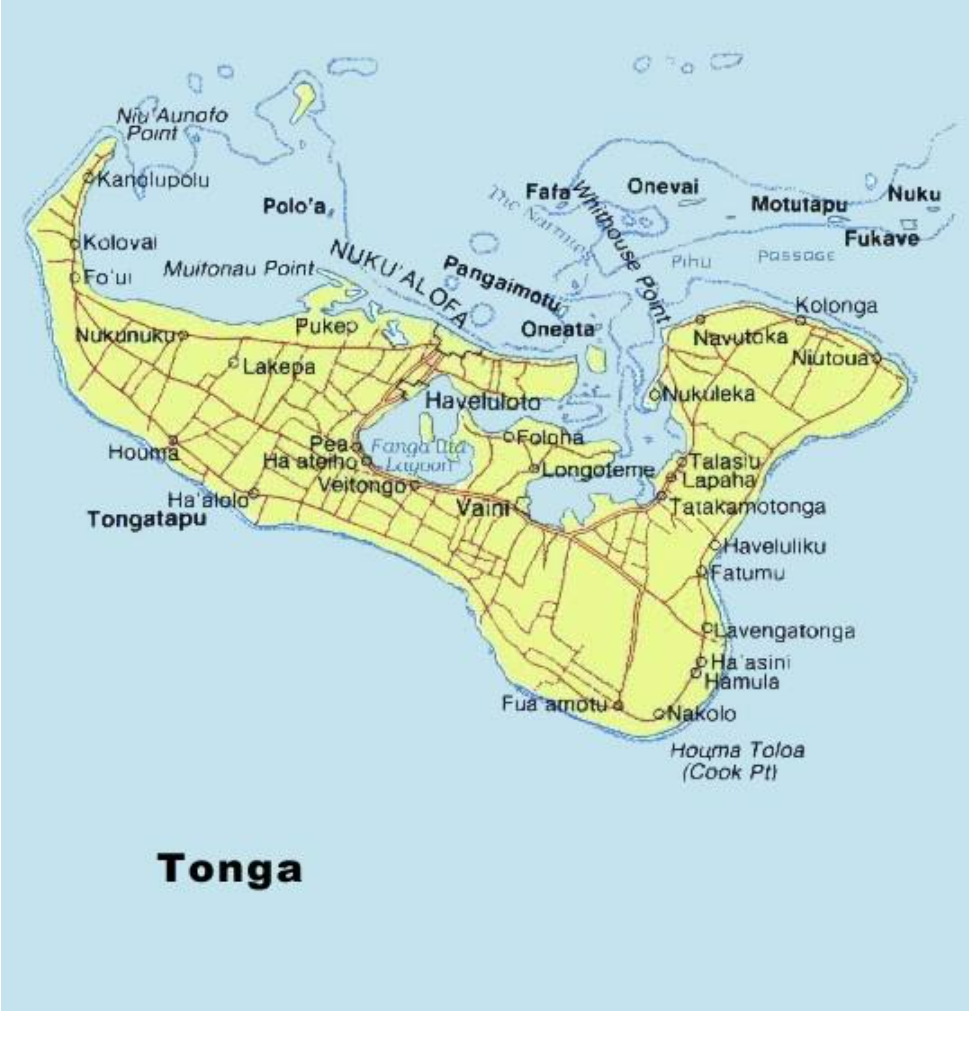Deep in the Pacific lies the Kingdom of Tonga, a country that likes to present itself as a happy constitutional monarchy fighting to preserve Polynesian culture.
Behind this facade though lies a country ruled by an all but absolute King, a hated nobility, and a “commoner” class fighting for what most of the world would simply consider basic human rights. And who is propping them up? The west of course.
A Background to Tonga
According to our local guide, a guy who would not be out of place guiding in Pyongyang lets call him “Tony”, Tonga is not a country but “A Kingdom and a proud one at that”.
According to his view at least the current ruling family can trace their lineage back to the 1500s, with Tom lauding their many achievements, such as ruling an empire that included modern Caledonia, Solomon Islands, Fiji, and Samoa, with him taking particular pride in the fact the later two had been enslaved by Samoa.
“Some of our best architecture was built by slaves from Fiji and Samoa”. I briefly mention how slavery is largely looked down upon these days, to which he replies “We are not you, we see those who took the slaves as the strong ones”. When I then point out that Fiji might now be considered the regional powerhouse he simply goes on a rant about there are “too many Indians” there.
And according to not just his history, but also official state tales Tonga has remained as mighty as ever, never being colonized for example. This is another point historians might argue the toss over too, with Tonga being under a “treaty of friendship with the UK for almost 70 years until 1970”.
The Tongan Fight for Democracy
After gaining titular independence in 1970 the Kingdom of Tonga was an absolute monarchy on par with Saudi Arabia. This situation would continue until 2002 when the Human Rights and Democracy Movement (link) won 7 of the 9 seats for commoners, the other 9 (half) being chosen from the nobility.
Alas this did not quench the lust for change and democracy particularly when HRDM leader ‘Akilisi Pohiva was arrested for sedition. The next 6 years, or so can pretty much be summed up with riots, violence and a desperate ruling elite trying to cling to power.
This led to the 2006 riots where at least 8 people were killed and the royal family finally agreed to a 2008 election in which a majority of members would be elected by “popular vote”. Said election ended up as a sham, with many politicians being imprisoned before actual change was made for the 2010 elections.
During this time it should be well noted that both the Australian and New Zealand armed forces were called upon to keep the status quo (absolute monarchy).
A Semi-Constitutional Monarchy
In 2010 the parliament was changed to having 17 members elected by commoners, or just under 70 percent, while 9 would be elected “from the nobility”. Thus giving the veneer of democracy, while still ensuring that the King and his cronies for all intents controlled the government still.
Since then the King has changed, while opposition leader Pohiva has played his part as prime minister through a hugely turbulent time in the nation’s history.
The reality though is that the country much like Thailand (https://www.easternangle.com/you-might-not-hear-it-but-thailand-is-a-military-dictatorship/) and Myanmar (https://www.easternangle.com/democracy-in-myanmar-is-the-country-on-the-brink-of-civil-war/) simply has a constitution that is democratic enough to keep western donors happy, while keeping the same corrupt people in power.
A final point we wanted to run by our “guide” Tom, who when asked about the 9 seats for the nobility replied | “That’s what you white people don’t understand, everything in Tonga, like my truck is communal, we share everything”.
Then after less than 5 minutes pondering this thought Tom then showed us a huge opulent gated palace that he declared was “given to the princess by the King on her 21st birthday”.
I briefly pondered whether to point out the hypocrisy before remembering just how much he reminded me of a communist guide. Some things just don’t need to be said.

